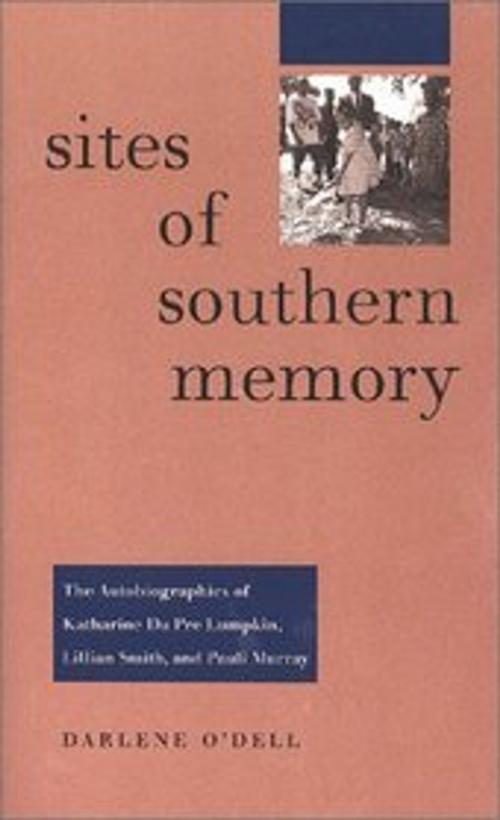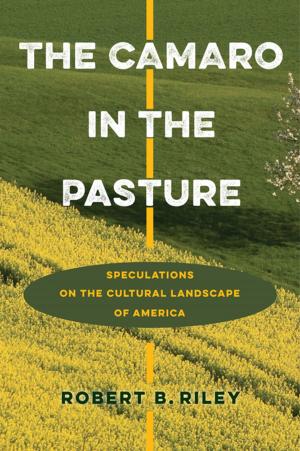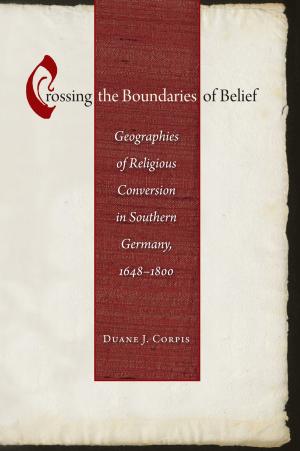Sites of Southern Memory
The Autobiographies of Katharine Du Pre Lumpkin, Lillian Smith, and Pauli Murray
Fiction & Literature, Literary Theory & Criticism, American| Author: | Darlene O'Dell | ISBN: | 9780813921983 |
| Publisher: | University of Virginia Press | Publication: | November 29, 2001 |
| Imprint: | University of Virginia Press | Language: | English |
| Author: | Darlene O'Dell |
| ISBN: | 9780813921983 |
| Publisher: | University of Virginia Press |
| Publication: | November 29, 2001 |
| Imprint: | University of Virginia Press |
| Language: | English |
In southern graveyards through the first decades of the twentieth century, the Confederate South was commemorated by tombstones and memorials, in Confederate flags, and in Memorial Day speeches and burial rituals. Cemeteries spoke the language of southern memory, and identity was displayed in ritualistic form—inscribed on tombs, in texts, and in bodily memories and messages. Katharine DuPre Lumpkin, Lillian Smith, and Pauli Murray wove sites of regional memory, particularly Confederate burial sites, into their autobiographies as a way of emphasizing how segregation divided more than just southern landscapes and people.
Darlene O'Dell here considers the southern graveyard as one of three sites of memory—the other two being the southern body and southern memoir—upon which the region's catastrophic race relations are inscribed. O'Dell shows how Lumpkin, Smith, and Murray, all witnesses to commemorations of the Confederacy and efforts to maintain the social order of the New South, contended through their autobiographies against Lost Cause versions of southern identity. Sites of Southern Memory elucidates the ways in which these three writers joined in the dialogue on regional memory by placing the dead southern body as a site of memory within their texts.
In this unique study of three women whose literary and personal lives were vitally concerned with southern race relations and the struggle for social justice, O'Dell provides a telling portrait of the troubled intellectual, literary, cultural, and social history of the American South.
In southern graveyards through the first decades of the twentieth century, the Confederate South was commemorated by tombstones and memorials, in Confederate flags, and in Memorial Day speeches and burial rituals. Cemeteries spoke the language of southern memory, and identity was displayed in ritualistic form—inscribed on tombs, in texts, and in bodily memories and messages. Katharine DuPre Lumpkin, Lillian Smith, and Pauli Murray wove sites of regional memory, particularly Confederate burial sites, into their autobiographies as a way of emphasizing how segregation divided more than just southern landscapes and people.
Darlene O'Dell here considers the southern graveyard as one of three sites of memory—the other two being the southern body and southern memoir—upon which the region's catastrophic race relations are inscribed. O'Dell shows how Lumpkin, Smith, and Murray, all witnesses to commemorations of the Confederacy and efforts to maintain the social order of the New South, contended through their autobiographies against Lost Cause versions of southern identity. Sites of Southern Memory elucidates the ways in which these three writers joined in the dialogue on regional memory by placing the dead southern body as a site of memory within their texts.
In this unique study of three women whose literary and personal lives were vitally concerned with southern race relations and the struggle for social justice, O'Dell provides a telling portrait of the troubled intellectual, literary, cultural, and social history of the American South.















